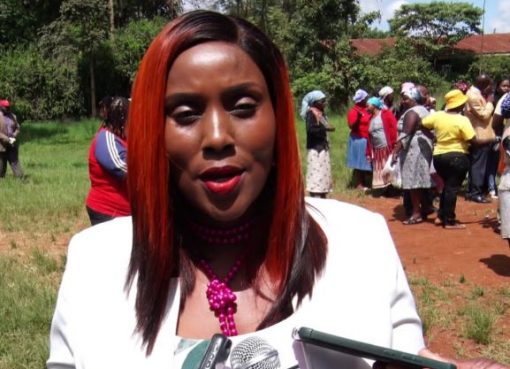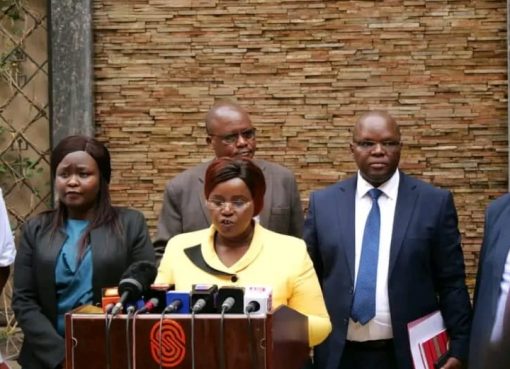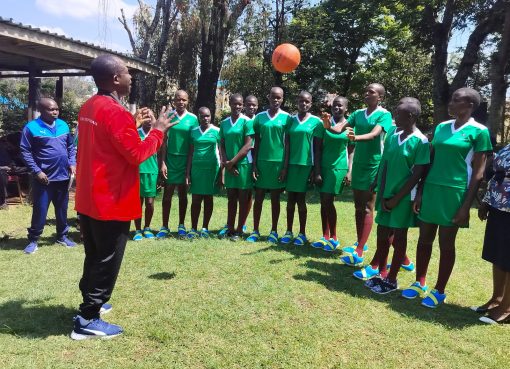The Principal Secretary for Interior and National Administration, Dr. Raymond Omollo, has expressed concerns over the filing of returns by non-governmental organizations (NGOs) operating in the country.
Dr. Omollo said some NGOs do not want to declare the sources of their funds publicly, noting that the country has all the machinery to follow up on the trend of the entire financial funding 2021/ 2022.
“The number of NGOs that filed their returns is less than 30 per cent of the total. This should be worrying because it is not even half the number of NGOs registered,” he stated.
“We have had cases of illicit funding, and that could be a reason since some NGOs do not want to declare their sources of funding publicly,” reiterated Omollo.
The PS, who was speaking, Monday, during the Annual NGOS Week 2023 held at the Kenyatta International Convention Centre, stressed that the government is keen on following up on cases of illicit funding.
The event’s theme, ‘NGOs in the Front Line: Powering Sustainable Development in the 21st Century,” aims at ensuring that partners, members of the public, the government, and NGO’s celebrate, commemorate, and collaborate with each other, besides creating awareness and appreciating the critical role played in enhancing social and economic development.
“As a government, we are transparent in our activities, and we do not expect anything less than that from NGOs too. We are following up on the trend of NGOs’ entire financing,” said Omollo, while at the same time affirming Kenya’s commitment to creating an enabling environment for NGOs to flourish and thrive.
The Chairperson of the NGOs Coordination Board, Mr. Gichira Kibara, said the Board will continue to play its role of enhancing its social and economic development as well as informing the government on the contribution made by NGOs towards national development.
During the event, the Board presented its Annual Report for the Year 2021–2022, which recommended the need to carry out a study on the sustainability of national and international NGOs separately.
Besides, adopting the 70:30 policy on resource utility was also recommended, in that 70 per cent of the funds should go to project implementation and 30 per cent to administration.
It also recommended strengthening the evaluation and monitoring systems to promote transparency and accountability in the sector.
Since inception, the Board has provided a one-stop office for registration and coordination of NGOs, to ensure harmony in their activities in line with government policies and programs.
According to the report, the board registered a total of 272 NGOs in 2021–2022, of which 217 were national and 55 were international. This translated to a cumulative registration of 12,162 NGOs since their inception in 1992.
According to the report, none of the NGOs were de-registered for violating the rules and regulations of the NGOs Coordination Act.
In the year under review, the report also stipulated that the board reinstated a total of 130 NGOs, after successful applications, while 30 NGOs were dissolved.
The report says that the NGOs most preferred sector of operation was health at 17.3 percent, followed closely by relief at 15.6 percent and education at 14.5 percent, while other sectors comprised of sports, housing and settlement, energy, children, animal welfare, media, and road safety were at 2.5 percent.
The report also indicates that during the year under review, the NGO spent a total of Sh. 185.5 billion, out of which Sh.118 billion was spent on project implementation, whereas Sh. 49.7 billion was used for personal emoluments.
By Enrica Amisi and Susan Gichanja





